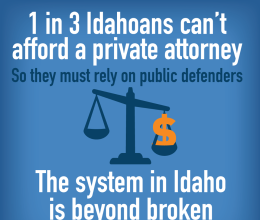Interaction with law enforcement can be stressful and triggering. People have various experiences with law enforcement some of which are not always fair or legal.
The guide below is to help you on how to exercise your rights and asses your situation on how to avoid escalation or harmful situations.
YOUR RIGHTS
- You have the right to remain silent. If you wish to exercise that right, say so out loud.
- You have the right to refuse to consent to a search of yourself, your car or your home.
- If you are not under arrest, you have the right to calmly leave.
- You have the right to a lawyer if you are arrested. Ask for one immediately.
- Regardless of your immigration or citizenship status, you have constitutional rights. Learn more about your rights as an immigrant here.
YOUR RESPONSIBILITIES
- Do stay calm.
- Do not interfere with or obstruct the police.
- Do not lie or give false documents.
- Do prepare yourself and your family in case you are arrested.
- Do remember the details of the encounter.
- Do file a written complaint or call your local ACLU if you feel your rights have been violated.
IF YOU ARE STOPPED FOR QUESTIONING
Stay calm. Don’t run. Don’t argue, resist or obstruct the police, even if you are innocent or police are violating your rights. Keep your hands where police can see them.
Ask if you are free to leave. If the officer says yes, calmly and silently walk away. If you are under arrest, you have a right to know why.
You have the right to remain silent and cannot be punished for refusing to answer questions. If you wish to remain silent, tell the officer out loud. In some states, you must give your name if asked to identify yourself.
You do not have to consent to a search of yourself or your belongings, but police may “pat down” your clothing if they suspect a weapon. You should not physically resist, but you have the right to refuse consent for any further search. If you do consent, it can affect you later in court.
IF YOU ARE STOPPED IN YOUR CAR
Stop the car in a safe place as quickly as possible. Turn off the car, turn on the internal light, open the window part way and place your hands on the wheel.
Documenting the Incident
- Don't tell the officer on the scene that you're going to file a complaint. File a complaint later.
- Write down everything you remember ASAP. Remember officer's badge and patrol car numbers. Try to find witnesses and their names and phone numbers.
- If you are injured, take photographs of the injuries as soon as possible, but make sure you seek medical attention first.



